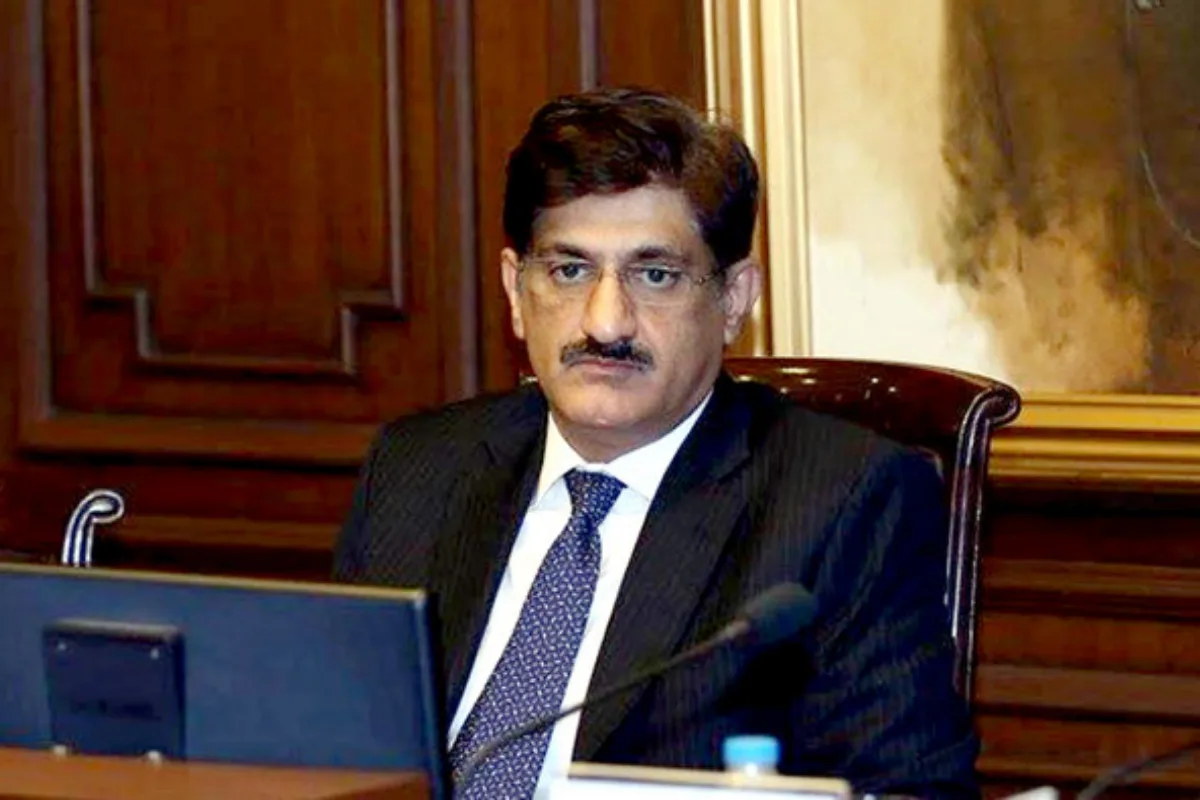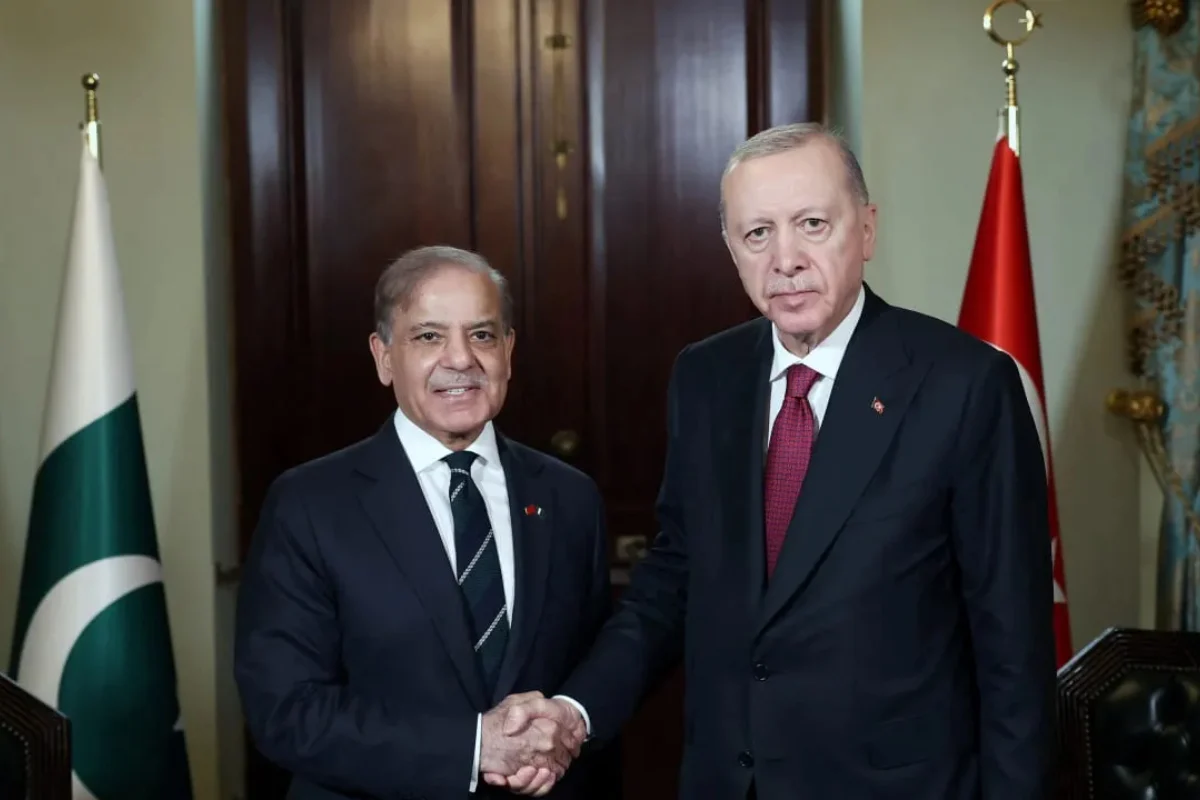ISLAMABAD: The Senate passed the 27th Constitutional Amendment Bill on Monday, aimed at major changes in Pakistan’s military and judicial structures. The session saw opposition members protesting by tearing copies of the bill.
Law Minister Azam Nazeer Tarar presented the 59-clause Bill, which received the required 64 votes — a two-thirds majority in the 96-member Senate. No senator voted against it, as the opposition boycotted the vote.
Among the supporters were members of the Awami National Party (ANP), PTI-backed Saifullah Abro, and JUI-F’s Ahmed Khan. Interestingly, Abro did not join the protest.
Key Highlights of the Amendment
Creation of a new post, Chief of Defence Forces, as head of the armed forces, effective November 27, 2025.
The Chief of Army Staff will take on the role of Chief of Defence Forces.
Titles such as Field Marshal, Marshal of Air Force, and Admiral of Fleet will remain for life.
Establishment of a Federal Constitutional Court (FCC).
President and Prime Minister will have a key role in judicial appointments.
Certain Supreme Court powers will be shifted to the new FCC.
Purpose of the Amendment
Law Minister Tarar explained that the amendment follows proposals from political parties and bar councils to create the Federal Constitutional Court.
“The proposal stems from the increasing number of constitutional petitions being filed before the Supreme Court, which has significantly impacted the timely disposal of regular civil and criminal cases,” he said.
The FCC is designed to ensure specialised adjudication of constitutional matters, allowing the Supreme Court to focus on its appellate jurisdiction and reduce case backlogs. The FCC will include judges with expertise in constitutional law.
Changes to Article 243 were also included to improve the administrative structure of the armed forces, with additional amendments required for proper implementation.
Committee Report
Earlier, PPP Senator Farooq H. Naek presented a report from the joint parliamentary committee on the 27th Amendment Bill. The report included some modifications to the draft approved by the federal cabinet.
“Some changes have been made in the text,” Naek told the Senate, confirming the committee’s role in refining the bill.
The Bill will now move to the National Assembly for final approval.














